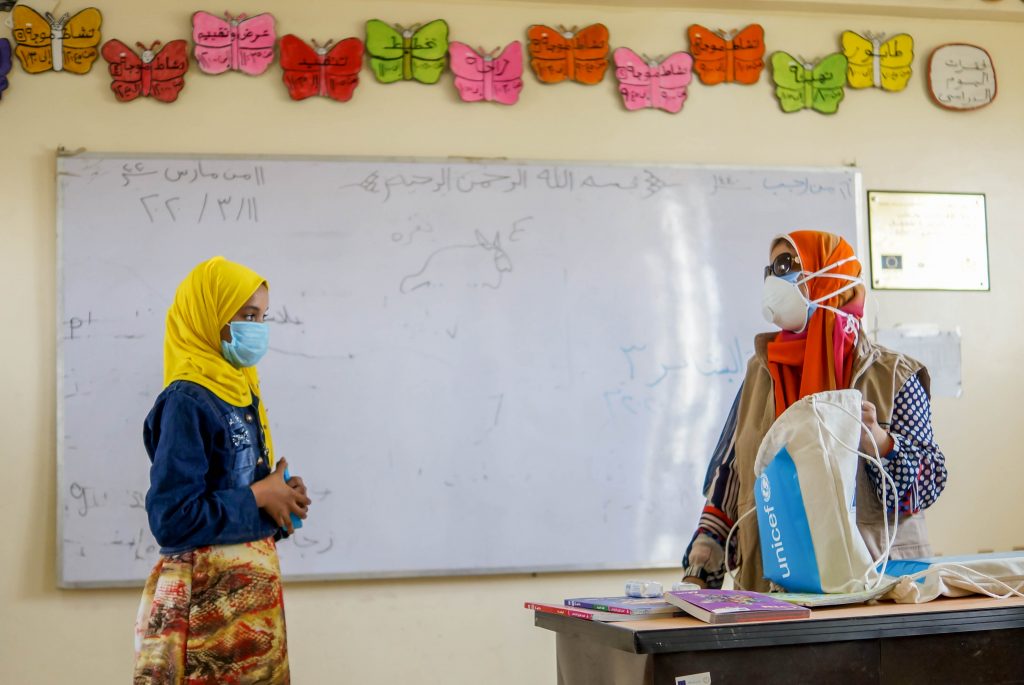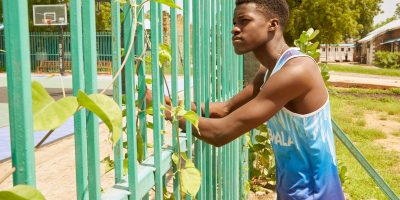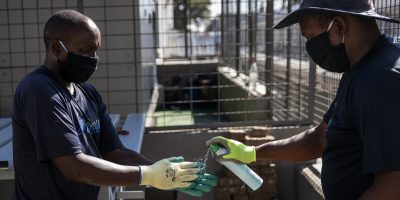As COVID-19 vaccines have been deployed and scaled, concerns about vaccine acceptance have emerged. Effective management of the virus requires that communities everywhere buy into the public health measures designed to protect them, including vaccines. Low acceptance presents a serious challenge for achieving sufficient coverage to reduce circulation of the virus and the risk of new variants emerging. Surveys conducted early in the pandemic showed that the Middle East region had one of the lowest COVID-19 vaccine acceptance rates globally. The low acceptance is driven by specific factors in the region and its different countries and populations; these factors need to be taken into account when formulating policy, programmes and interventions.
This review synthesises evidence on vaccine acceptance among two key groups in the Middle East and North Africa (MENA) region: teachers and health workers. It draws from academic studies most of which were cross-sectional studies, largely conducted between February 2020 and June 2021, and grey literature reports, including social listening reports. This review is intended to inform strategies for risk communications and community engagement (RCCE) relating to COVID-19 vaccine uptake, with the aim of boosting confidence in and acceptance of the vaccines among these groups across the region.
It is part of the Social Science in Humanitarian Action Platform (SSHAP) series on social science considerations relating to COVID-19 vaccines and was developed for SSHAP by Anthrologica (Nadia Butler and Soha Karam) at the request of the UNICEF MENA Regional Office. It was reviewed by Rose Aynsley (WHO) Amaya Gillespie (UNICEF) and Olivia Tulloch (Anthrologica). The evidence review is the responsibility of SSHAP.





